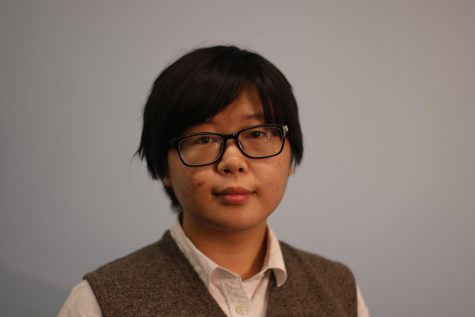Kim: Unpaid internships give unfair advantages
October 12, 2018
This summer I had an unpaid internship with a local nonprofit, Lake Erie Ink. I was able to learn many things about the administrative side of nonprofit organizations, as well as specific skills such as making infographics and grant writing. I made friends and useful connections. But not everyone has the opportunity to have such an experience, and unpaid internships on the whole lead to disproportionate representation in the business world in favor of those who are able to afford them.
The benefits of internships are numerous and obvious. Interns gain relevant work experience and make connections that could lead to full-time jobs in the future. Internships also boost a student’s resume, making it easier for the student to find other jobs.
Unpaid internships are supposed to be mutually beneficial, and according to the Fair Labor Standards Act, the intern should benefit more than the employer. This isn’t always the case, however, and many cases of illegal, unpaid internships exist—you only need to look online to find the horror stories.
Furthermore, for students that can barely afford college, paying for rent and food in order to work is not economically viable. That is, unless the student isn’t the one shouldering the cost. Students that live with family or have someone who will pay their way through the internship have the opportunity to apply to a broader range of internships, whether or not they are paid. Others often have to take on another job in order to do the same or may even not apply as they prioritize paid work.
This isn’t to say that all internships should be paid. Nonprofits, like the one I interned with, are less likely to pay because of limited funding and the focus on philanthropy. Companies that are able to pay should pay, and as for those who can’t, it might be beneficial for the government or another organization to step in and fund these unpaid internships.
Case Western Reserve University, for example, provides support for students looking for unpaid internships. I was lucky enough to receive a summer stipend from the Baker Nord Center for Humanities to fund my internship. In addition to the Humanities@Work stipend, I paid several hundred dollars out-of-pocket and looked for a part-time job to stay in Cleveland. For science, technology, engineering and math students looking for funding, they can also look towards Support of Undergraduate Research and Creative Endeavors.
All in all, I don’t regret my internship. I loved working like a real adult and gaining so many new experiences. That being said, I sincerely hope that other students will be able to gain similar opportunities, regardless of their economic backgrounds.



